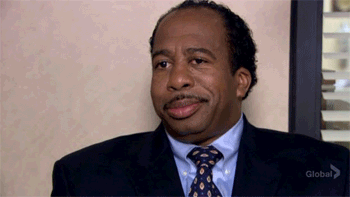- 18,365
- 33,946
- Joined
- Mar 27, 2004
lol @ this thread. went from ranking actors to analyzing Monaghan's butt on the same page.
8 episodes is perfect. an extended finale would be nice. they've said season 2 will deal with "the secret occult history of the United States transportation system." and it'll be in socal most likely. I have no clue what history they're referencing. perhaps the corruption highlighted in "Who framed Roger Rabbit"?
8 episodes is perfect. an extended finale would be nice. they've said season 2 will deal with "the secret occult history of the United States transportation system." and it'll be in socal most likely. I have no clue what history they're referencing. perhaps the corruption highlighted in "Who framed Roger Rabbit"?


 .
.





 Reach? Maybe. But McConaughey surviving could've been a budding belief in something. Whether it's a higher existence, who knows, but at the very least, good and evil.
Reach? Maybe. But McConaughey surviving could've been a budding belief in something. Whether it's a higher existence, who knows, but at the very least, good and evil.